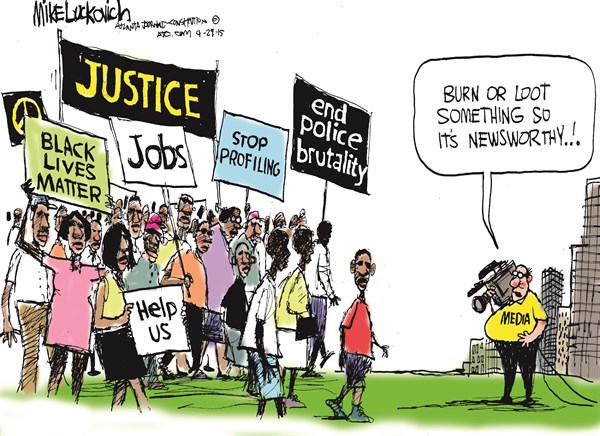(Editor’s
note: This is the second and final segment in this two part series. The first segment explained how the founding
fathers provided the ship (our federal government) with a precise yet
sophisticated steering mechanism. Given a record level of wealth
disparity in society today, the problem devolves to one main
consideration: whether to steer the ship --- or simply
to drift.)
In the present context, the promise of
economic freedom and prosperity has exhausted its supply of natural
opportunities. Its redemption, attempted
unsuccessfully by T.R. in
1912, fully 100 years ago, may prove to be beyond the patience, the power and
the wisdom of the American people and their leaders. But if the promise is not kept, democracy, as
it familiar to us, will no longer exist.
What a wage earner needs, and what the
interests of a democratic society require, is a constantly higher standard of
living. If it is to earn the wage
earner’s loyalty, a democracy must recognize the legitimacy of his demand, and
make the satisfaction of it the essence of its public policy.
Many say we have passed the point of critical
mass where the drift of indiscriminate individualism requires the increasing control of property in
the public interest. A more scrupulous
attention to federal responsibility naturally follows the concentration of
corporate and individual wealth, dedicated only to the further proposition of
perpetuating its gains.
Unless American independence emancipates
itself from its traditional illusions, its spirit vanishes. Perhaps the American people understood this
if only instinctively by the 2008 election, choosing to seat a leader who has
begun a new chapter in the process of steering once again.
But it doesn’t necessarily have to be either
all steer or all drift. The two principles can and should peaceably
co-exist, working together if not always in perfect harmony. Each, however, must make a legitimate
concession to the other. Both the
individual and national interest must sacrifice their extreme elements for the
joint benefit of individual distinction and social improvement. The two principles must become subordinate to
the higher principle of human welfare.
However, it can be expected that the
privileged classes will be hospitable only to those reforms which spare their
privileges. But their privileges cannot
be spared, to the extent that rational ideas may achieve any decisive influence
in their political life. The
consequences would be the cultivation of contempt for intelligence, the
excessive worship of tradition and complacent social subserviency.
It would be intriguing to view the vexing
problem of inequality of opportunity through the lens of human welfare ahead
of any other legitimate interest. The
goal would secure the benefits of the existing organization, while casting the
net of opportunity over a larger social area.
Conservative principles, traditions and
national history require only the gradual alteration of adverse social
conditions in the name of progress.
Perhaps a people can best exhibit its common sense so clearly as to be
contemporary without breaking the ties of historical anchorage. To move too suddenly by uprooting any
essential element of the national tradition would come at a severe penalty, as
ordinary citizens discovered when they decided to cut slavery out of their
national composition.
 It is assumed the people wish to escape the need to regain their health by means of another surgical
It is assumed the people wish to escape the need to regain their health by means of another surgicaloperation. They must then consider carefully how much of a reorganization of traditional
institutions, policies and ideas are necessary to achieve a new, more stable national balance. They must also consider that any disloyalty to democracy by way of national policy will in the end be fatal to national unity. In steering the ship toward meaningful equality of opportunity to complete our great unfinished business, seldom has so much been at stake.
-Michael D’Angelo


